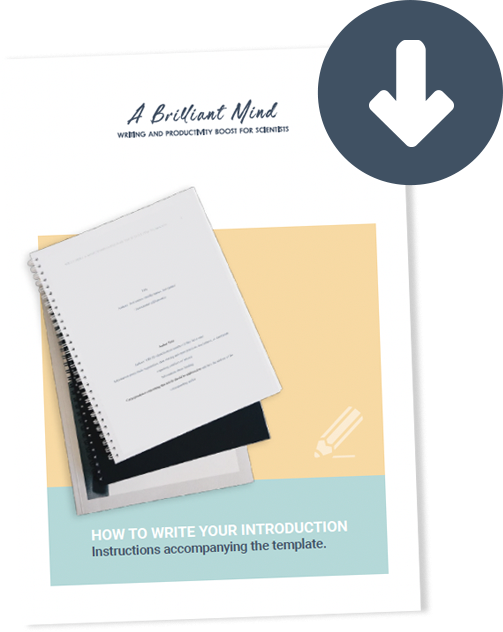Dear wordsmiths!
Allow me to introduce myself. My name is Mina Movahedi, a second-year Ph.D. student on an exhilarating journey of exploration and research under Gaya’s guidance. My Ph.D. delves into the fascinating realm of self-control, the ability to regulate one’s thoughts, emotions, and behaviors.
In this post, I would like to share how I harnessed self-control to overcome the hurdles of writing my master’s thesis. Fasten your seatbelts, dear readers, for an enthralling tale of perseverance awaits!
1. Facing the Monstrous Task: The Power of Setting Bite-size Goals
I was confronted with the monster known as my master’s thesis, and I felt like an ant in a world of words. Would I be able to gather enough self-control and face my fears? And then the magic occurred.
I decided to take a break from the never-ending game of procrastination and distract myself with some good ol’ gaming. I played a little warrior in the game who had to fight enormous, fire-breathing monsters. David battling Goliath on a high level! As I ferociously kicked and pounded those monsters, it occurred to me that my writing assignment was much like those revolting foes.
In the game, every little strike I delivered reduced the monster’s health. In my thesis, I realized I also needed to set small bite-size writing goals. No matter how small they were, every little one would eventually matter.

Clash of Titans game.
Tip: If you’re struggling with your thesis or paper, consider using resources like Gaya’s introduction workbook to break down your work into manageable pieces.
2. Find your bataillon: The Power of Role Models
With this newfound knowledge, I returned to my writing spot, prepared to handle the seemingly impossible task. But at times, my writing was so slow that I began to doubt myself, wondering whether I shouldn’t just turn into a finger painter instead. Setting bite-size goals was helpful, but it was not enough. So I had the idea of starting a writing group.
I reached out to my fellow graduate students who were good at writing and proposed writing together. Our meetings were held at our favorite coffee shop, where we gathered with laptops and notebooks. During our writing sessions, we discussed our work, exchanged ideas, and provided constructive feedback, sparking creativity in each other. We laughed, spoke, and even shared a few tears together. Thanks to their inspiration, I learned to write consistently and more effectively.

Image by rawpixel.com on Freepik
3. Conquering the Beast: The Power of If-Then Plans
So far, I had learned how to break the monster into bite-size goals. Also, I learned a lot from my writing group friends. But when I was on my own, anything seemed more appealing than writing my thesis. I regularly found myself watching TV and scrolling through social media. Embarking on a thorough exploration of the issue, I soon realized that I needed what psychologists call an “if-then plan.”
An if-then plan is like a roadmap that tells you what to do if certain things happen. For example, if you sit down to work on your thesis but find yourself easily distracted by social media, your plan might be: “If I catch myself procrastinating on social media, then I will quickly dismiss the app and open my writing page.” By establishing this if-then strategy, you have a predetermined response to redirect your attention and refocus on your writing task.
Motivated by this revelation, I created my own if-then plans, such as “If I feel like watching TV, I write one page of my thesis and when I’m done I reward myself with an episode”. And it worked! My if-then plans brought me to the finish line of my thesis.
Finale
The day my master’s thesis was submitted, my neighbor’s dog began singing along when I yelled, “Hooray!”. The thrill and absolute delight of defeating the beast was just beyond words.
All in all, the journey of writing has taught me the invaluable lesson of self-control. The journey taught me the importance of setting small goals, learning from peers, and using if-then plans. With these strategies, I managed to tackle the most daunting tasks and reach my goal.
I hope my story inspires you and equips you with some tools for your own academic journey. Embrace the power of self-control and remember: every little step counts.
With best wishes,
Mina
How to write your introduction + template
Signup for my newsletter and get your free download!
Writing a good introduction is essential to getting your paper published in a top journal and captivating your readers. It’s essential… and challenging! With this template for writing your introduction, you will find:
- Pre-writing instructions
- Writing instructions
- Explanations on how to use the template
- A checklist to make sure you have included all the important elements for your introduction.
